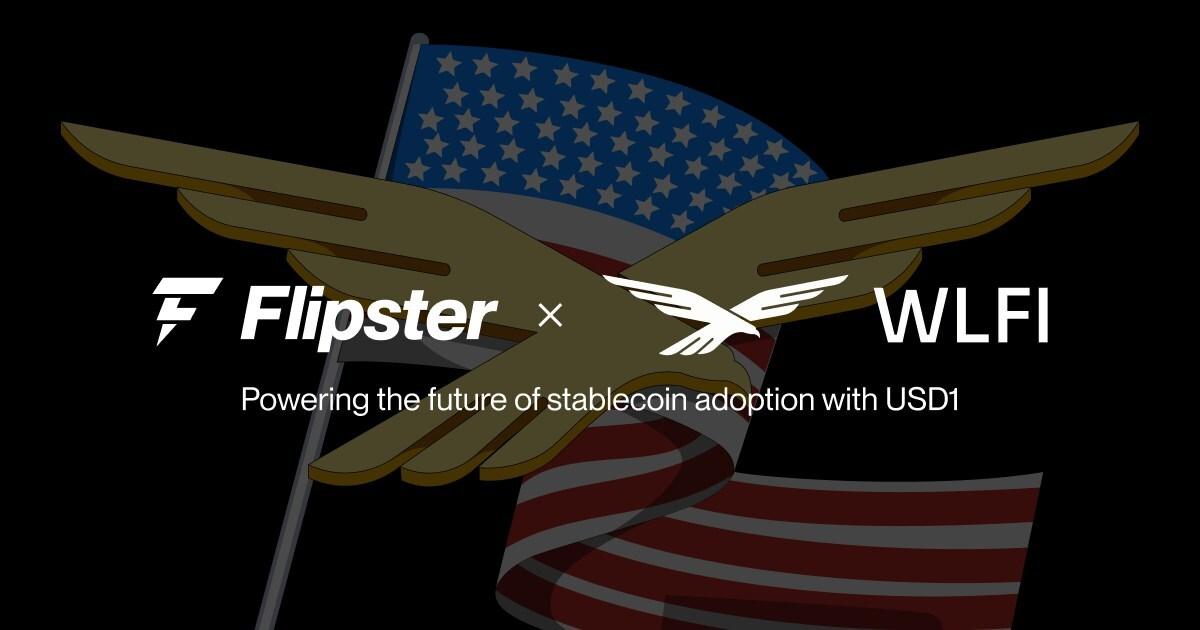Best Non-Custodial Wallets for Crypto in 2025 (With Pros & Cons)

“Not your keys, not your crypto.” What began as a rallying cry among early Bitcoiners is now a principle backed by billions in lost user funds and a decade of crypto evolution. These secure and versatile wallet options will help you manage crypto on your terms—below are our top picks.
In crypto, ownership is defined by access to private keys. When your assets sit on a centralized exchange or in a custodial wallet, they’re not truly yours—you’re trusting a third party to act in your interest and remain solvent. History has shown how fragile that trust can be.
-
In 2022, $3.7 billion in customer funds were lost in the collapse of custodial platforms like Voyager, BlockFi, and Zipmex—with users often ranking below institutional creditors in bankruptcy proceedings.
-
When FTX filed for bankruptcy, over 1 million users lost access to their accounts overnight—despite having full balances visible in the app.
Why Going Non-Custodial?
By contrast, users holding funds in non-custodial wallets were unaffected: no lockups, no withdrawals paused — an uninterrupted ownership. In 2025, the tools for self-custody are faster, safer, and more intuitive than ever before. Whether you’re swapping tokens across chains, holding stablecoins, or exploring DeFi, the best non-custodial wallets give you complete control—without compromising usability. This guide ranks the most powerful and accessible wallets today based on security, UX, chain support, and smart DeFi features, including options for beginners and advanced users alike.
1. AliceBob Wallet — Overall Best Non‑Custodial Wallet
Why it leads:
-
Truly self‑custodial, with private keys generated and stored on your device only—no server access by AliceBob
-
Adheres to OWASP MASVS and uses advanced cryptographic methods (BIP32/39/44) for hierarchical deterministic wallets to protect your digital assets from security risks.
-
Supports 1,000+ assets across 300+ chains, including Solana, XRP, Ethereum, and L2s like Arbitrum and Optimism—higher than most competitors, with built‑in fiat purchase and cross‑chain swaps
-
Smart swap and fiat on-ramp aggregator, real‑time insights, token-level analytics, and UX designed for both beginners and power users
2. Exodus Wallet — Best for DeFi & Browser-Based dApp Access
Best for: Aesthetic multi‑chain support with integrated swaps
-
Non‑custodial: you alone hold the private keys and recovery phrase
-
Supports 100+ blockchains, including Bitcoin, Solana, Ethereum, Avalanche, and more
-
Supports staking, NFT viewing, and hundreds of tokens via built‑in exchange providers but no DEX aggregator; recently added XOPay card integration for native crypto purchases inside the wallet
-
Great UI, among the best in the market, but fewer advanced swap and fiat on-ramp aggregate features compared to AliceBob
3. MyEtherWallet (MEW) — Best for Ethereum Purists & Open-Source Accountability
Best for: Ethereum-native users and open‑source purists
-
One of the original Ethereum wallets, fully non-custodial and open-source
-
Accessible via mobile, web, or extension, though focused almost exclusively on Ethereum ecosystem
-
Allows ENS integration, NFT management, and hardware wallet access (e.g., Ledger, Trezor)
-
Strong community trust and educational onboarding for beginners
4. Gem Wallet — Best for XRP Ledger Users
Best for: XRP Ledger users and lightweight DeFi access
-
Non‑custodial: private keys stored locally with zero server access
-
Offers intuitive interface, biometric lock, and open‑source ethos
-
Clean option for XRP ecosystem users and DeFi adopters
-
Great for fast transfers and small transactions but lacks broader multichain utility
5. Safe (formerly Gnosis Safe) — Best for Multisig & Shared Control
Best for: shared wallets, DAOs, and team use cases
-
Non‑custodial multisignature wallet: no single point of control
-
Integrates with dozens of protocols and hardware wallets, compatible with EVM chains like Ethereum, Gnosis Chain, Arbitrum, and Polygon
-
Supports modular plugins, smart contract automation, and integrations with WalletConnect and hardware wallets
-
Offers multi-user security governance and multisig flexibility; setup and gas fees can be a barrier for solo users
Side-by-Side Comparison
Wallet
Custody
Key Storage
Chain Support
Notable Features
Best For
AliceBob Wallet
Non-Custodial
Local (user device)
300+ chains incl. Solana, XRP, ETH
Smart aggregator, fiat onramp, gas analytics, token insights
Overall Best
Exodus Wallet
Non-Custodial
Local
100+ incl. Bitcoin, Ethereum, Solana
Staking, XOPay, Trezor support, NFT portfolio
DeFi users & UI-focused holders
MyEtherWallet (MEW)
Non-Custodial
Local
Ethereum & ERC-20 tokens
Open-source, ENS, hardware wallet support, smart contract interaction
Ethereum-native users & open-source advocates
Gem Wallet
Non-Custodial
Local
XRP Ledger
Biometric auth, DEX access, xApp integration
XRP ecosystem
Safe (Gnosis Safe)
Non-Custodial
Multisig (smart contract)
EVM-compatible
Multisig governance, plugin architecture, DAO tools
Shared wallets, treasury managers, DAOs
Final Verdict
-
AliceBob Wallet takes the top spot for offering a rare balance: advanced features like cross-chain swaps and real-time gas insights with a UX accessible to beginners. Its support for 300+ chains makes it the most versatile all-around pick for 2025.
-
Exodus Wallet is best suited for users who want an elegant interface, built-in fiat and NFT tools, and a non-technical entry point into self-custody.
-
MyEtherWallet (MEW) remains the go-to for Ethereum purists who value open-source code, transparency, and long-standing trust in the ETH ecosystem.
-
Gem Wallet is ideal for XRP users wanting a clean, biometric-secured wallet tailored for the XRP Ledger.
-
Safe (formerly Gnosis Safe) leads for shared governance and team-based wallets, thanks to multisig architecture trusted by DAOs and institutions.
Disclaimer: This article is provided for informational purposes only. It is not offered or intended to be used as legal, tax, investment, financial, or other advice.




